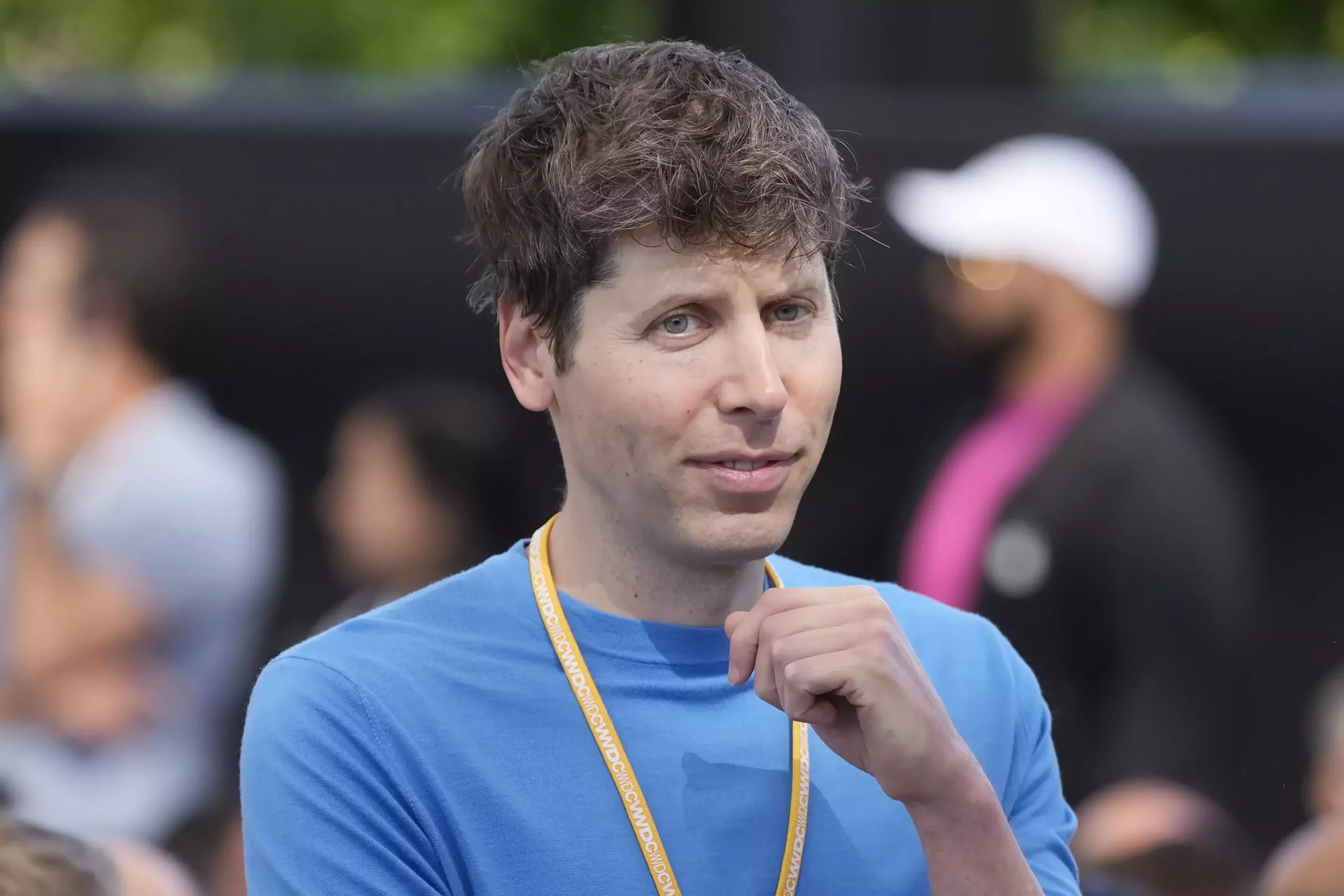As OpenAI’s valuation surges to a staggering $157 billion, questions surrounding its nonprofit origins become increasingly pertinent. The organization, renowned for developing the widely-used AI model, ChatGPT, is now grappling with the implications of its initial mission amid growing concerns of potential conflicts between its for-profit ventures and its charitable purpose. Notable experts in nonprofit law are observing with keen interest as tensions rise, particularly following the controversial leadership saga involving CEO Sam Altman last November.
The Nonprofit-For-Profit Dichotomy
When OpenAI was founded, its charter articulated a clear mission: to harness artificial intelligence to benefit humanity at large, focusing on altruism rather than profit generation. This pioneering spirit was encapsulated in its decision to operate as a nonprofit organization with for-profit subsidiaries—a structure that many in the nonprofit sector see as fraught with complexities.
Jill Horwitz, a law professor at the UCLA School of Law who has studied OpenAI’s trajectory, underscores the unique conflict that arises in joint ventures between nonprofit and for-profit entities. She asserts the fundamental requirement that, when conflicts exist, the nonprofit’s charitable purposes must take precedence. This principle poses significant challenges for OpenAI as it navigates its evolving business model. As the organization contemplates restructuring, officials express a desire to maintain the nonprofit’s integrity while also seeking profitability, creating a precarious balancing act.
Recent statements from Altman hint at an imminent restructuring, although specifics remain undisclosed. According to sources familiar with the matter, OpenAI is considering the transformation into a public benefit corporation—an alternative corporate structure that allows firms to pursue social and public goals alongside commercial interests. However, transitioning to a public benefit corporation could invoke regulatory scrutiny regarding the fate of OpenAI’s nonprofit status and its responsibilities to its funders and regulators.
Experts warn that if OpenAI’s nonprofit loses control of its for-profit subsidiaries, it could face financial repercussions. The nonprofit could be held accountable for paying a fair market value for the assets it had previously transferred to those subsidiaries, raising essential questions about what constitutes the organization’s assets. These include elements like intellectual property and technological advancements, which could determine the nonprofit’s future sustainability.
Stakeholders within OpenAI have reason to be cautious as they tread into uncertain regulatory waters. The scrutiny eyes of the IRS and various state regulators will likely focus on ensuring that the organization maintains its dedication to its original charitable mission. Bret Taylor, chair of the board for OpenAI’s nonprofit entity, has publicly committed to fulfilling the board’s fiduciary responsibilities, assuring stakeholders that any restructuring would enhance the nonprofit’s ability to chase its altruistic goals.
To navigate this complexity, OpenAI will need to demonstrate that its operational shifts are compliant with tax laws governing nonprofit organizations. Andrew Steinberg, a nonprofit legal expert, notes that any changes in corporate structure necessitate a nuanced approach, speaking to the involved legal landscape surrounding such transactions. Maintaining tax-exempt status while expanding into profitable ventures will require meticulous legal alignment.
Doubts about OpenAI’s commitment to its founding principles have intensified particularly following Altman’s leadership decisions which have come under fire. Elon Musk, one of the original board members, is among the critics questioning the organization’s adherence to its mission. Furthermore, Geoffrey Hinton, acknowledged as one of the leading figures in AI, has publicly remarked on the growing dissonance between OpenAI’s initial focus on safety and its current profit-oriented trajectory.
Hinton’s comments reflect a broader unease regarding the evolution of OpenAI’s core values. As the market increasingly emphasizes financial outcomes, the imperative to uphold safety in AI development seems to have diminished, leaving many to speculate whether profitability undermines the organization’s foundational goals.
Future Directions: Balancing Innovation with Accountability
The path forward for OpenAI remains uncertain as it seeks to reconcile its rapid commercial growth with the responsibility inherent in its nonprofit roots. The resurgence of public interest in the organization’s trajectory will influence how OpenAI addresses its dual nature and the expectations that accompany it. With stakeholders eager for transparency and a reaffirmation of the organization’s commitment to human-centered AI, OpenAI faces the challenge of not only innovating but also maintaining accountability.
Ultimately, the decisions made by OpenAI’s board will carry significant weight, as they will be scrutinized by regulators and the public alike. As the organization stands at the crossroads of innovation and responsibility, it must navigate its obligations carefully, ensuring it remains true to the mission that ignited its inception while adapting to the demands of an ever-evolving economic landscape. The coming months will be crucial as OpenAI attempts to align its groundbreaking advancements with its foundational purpose of serving humanity above all else.


Leave a Reply
You must be logged in to post a comment.